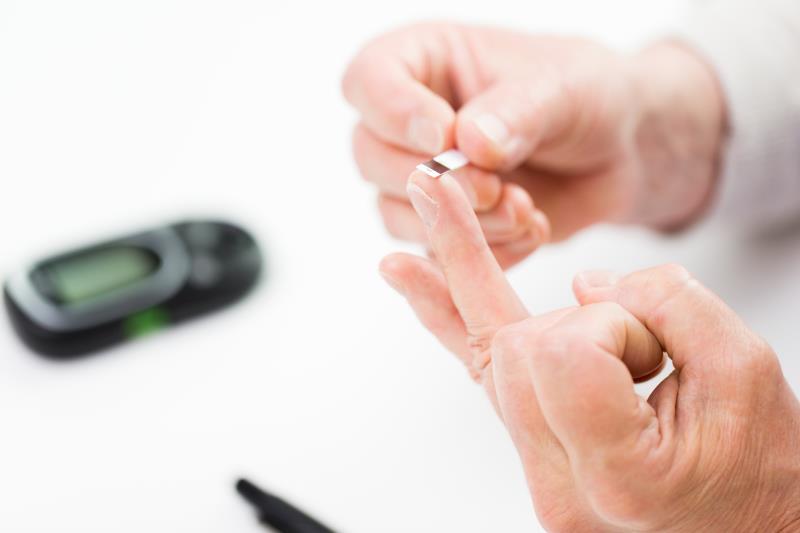By Karen Lindner: Accredited Exercise Physiologist- During Diabetes Awareness Week 9-15ht July
If you have recently been diagnosed with type 2 diabetes, you may not be fully aware of the importance of knowing your blood glucose levels (BGL’s), how these levels can change and how to maintain a healthy BGL range. This brochure contains important information regarding why it is so important to check your BGL’s, as well as the most important times to check them.
Why test your BGL’s?
Testing your own BGL’s will help you to:
- Become more confident in managing your diabetes, especially if it is a new diagnosis.
- Understand the relationship between your BGL’s and exercise habits, food intake and other lifestyle influences such as illness
- Find out if your BGL’s are too high (hyperglycaemia) or too low (hypoglycaemia)
- Know when advice is needed from your diabetes health network regarding your insulin, medication or meal planning if your BGL goals are not being met.
When to test your BGL’s
- Before breakfast (fasting BGL reading)
- Before lunch/dinner
- 2 hours after a meal
- Before bed
- Before/after vigorous exercise
Times to test more often
- When you’re more or less physically active
- Feeling unwell or stressed
- Changes in routine or eating
- Changing/adjusting insulin or medication
- Experiencing symptoms of hyperglycaemia or hypoglycaemia
- Experiencing night sweats or morning headaches
- Pregnancy
- Pre/post minor surgical day procedures
- Post dental procedures
Glucose level targets
Target ranges may differ depending on your age, duration of diabetes, type of medication you’re taking and if you have any other pre-existing medical condition. Normal ranges are considered between 4.0-7.8mmol/L.
Type 1 diabetes target levels: 4-6 mmmol/L before meals, 4-8 mmol/L two hours post starting meal
Type 2 diabetes target levels: 6-8 mmol/L before meals, 6-10 mmol/L two hours after starting meals. (People who are not taking a sulphonylurea medication or insulin should aim for a BGL as close to normal as possible.)
Sulphonylurea: oral medications that control blood sugar levels in patients with type 2 diabetes by stimulating the production of insulin in the pancreas and increasing the effectiveness of insulin in the body.
Insulin: A hormone made by beta cells in the pancreas. When we eat, insulin is released into the blood stream where it helps to move glucose from the food we have eaten into cells to be used as energy.

